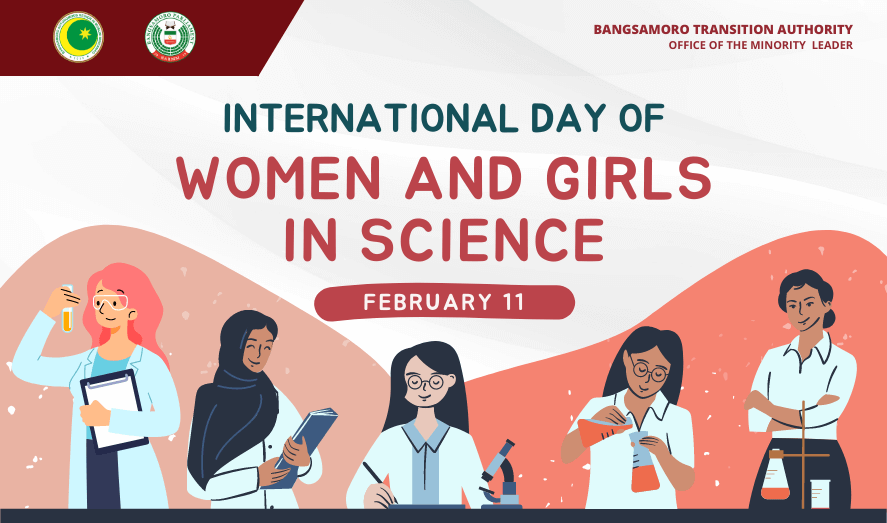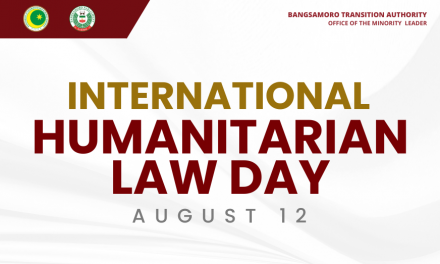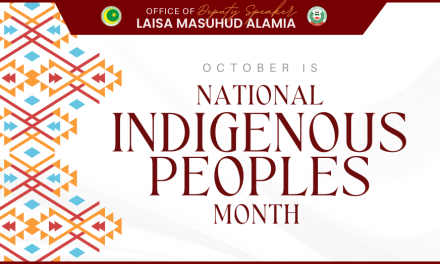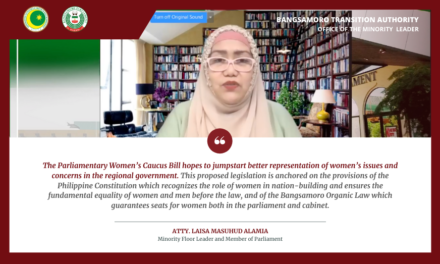Our understanding of science shapes our understanding of the world. This is why limited access to science education and resources is linked to gender injustice and inequality, and depriving women and girls opportunities to meaningfully participate in knowledge development and sharing presents challenges in building a just and humane society.
The disparity in knowledge and experience is apparent across the different fields of science, technology, engineering and mathematics (STEM). While significant strides have been made in ensuring the participation of women and girls in higher education, they are still under-represented in STEM.
Half of science practitioners in the Philippines are women, but many of them are in the health sector where they are often confined in low-ranking positions, or with lower-paid or unpaid roles as they face gender-based discrimination and harassment. Women in STEM-related industries are also less likely to progress professionally. As jobs in these industries are increasingly automated, women in the Philippines are 140 per cent more likely to lose their jobs than men.
February 11 is the International Day of Women and Girls in Science. Around the world, this day highlights the need to promote full and equal access to science and its related industries for women and girls. Supporting women and girls in their education, making it possible for their ideas to be heard, and encouraging their participation in science-related fields are important steps towards peace and development.
Empowering women and girls across all fields and disciplines – including STEM – is necessary to ensure that equitable and sustainable development is a reality for all. In pushing for socioeconomic programs and peace initiatives, the Bangsamoro government must also invest in gender equality to ensure meaningful representation and inclusive development for all.








